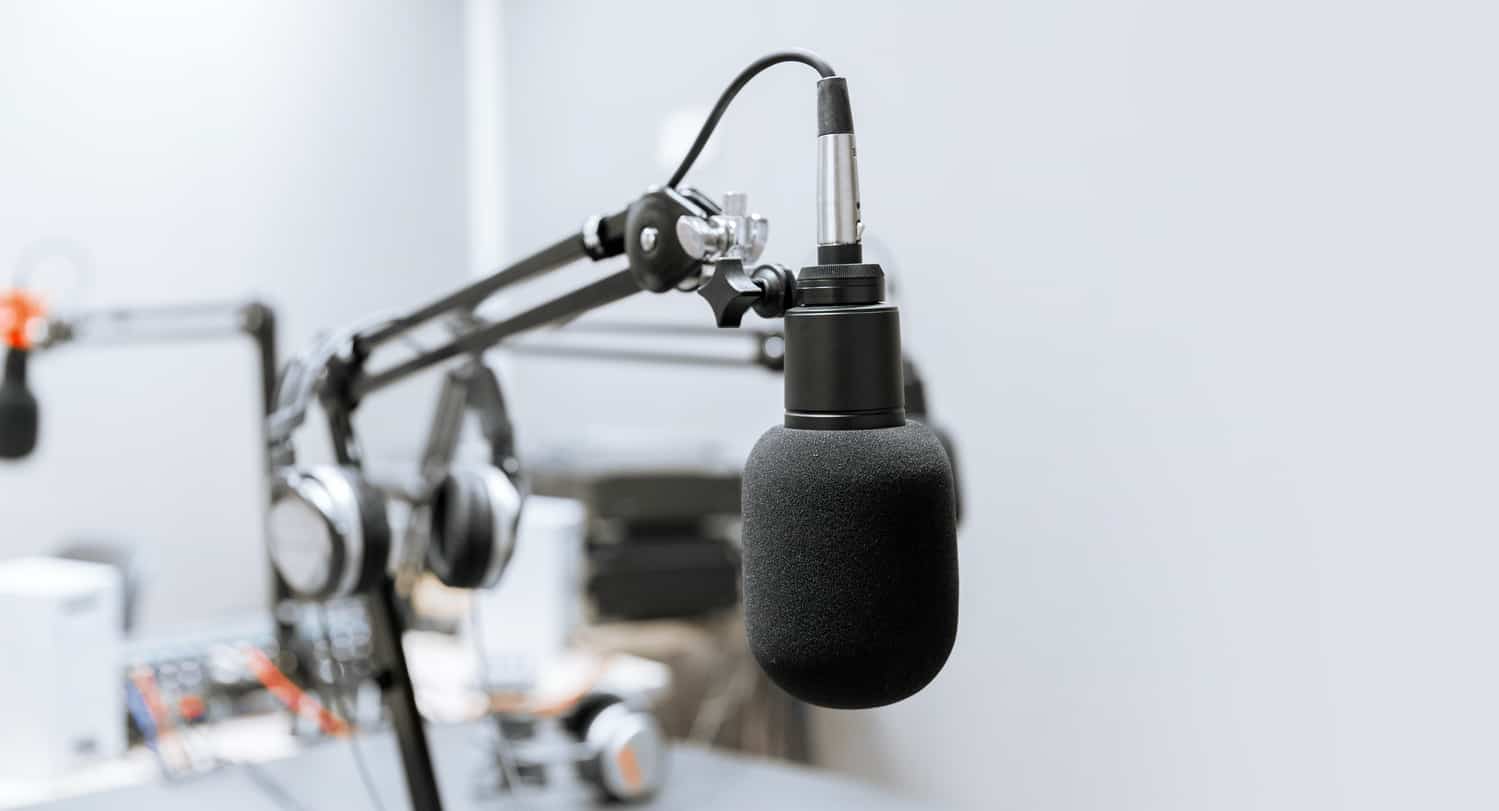- Technology
- SEE MORE
- classical
- general
- talk
- News
- Family
- Bürgerfunk
- pop
- Islam
- soul
- jazz
- Comedy
- humor
- wissenschaft
- opera
- baroque
- gesellschaft
- theater
- Local
- alternative
- electro
- rock
- rap
- lifestyle
- Music
- como
- RNE
- ballads
- greek
- Buddhism
- deportes
- christian
- piano
- djs
- Dance
- dutch
- flamenco
- social
- hope
- christian rock
- academia
- afrique
- Business
- musique
- ελληνική-μουσική
- religion
- World radio
- Zarzuela
- travel
- World
- NFL
- media
- Art
- public
- Sports
- Gospel
- st.
- baptist
- Leisure
- Kids & Family
- musical
- club
- Culture
- Health & Fitness
- True Crime
- Fiction
- children
- Society & Culture
- TV & Film
- gold
- kunst
- música
- gay
- Natural
- a
- francais
- bach
- economics
- kultur
- evangelical
- tech
- Opinion
- Government
- gaming
- College
- technik
- History
- Jesus
- Health
- movies
- radio
- services
- Church
- podcast
- Education
- international
- Transportation
- Other
- kids
- podcasts
- philadelphia
- Noticias
- love
- sport
- Salud
- film
- and
- 4chan
- Disco
- Stories
- fashion
- Arts
- interviews
- hardstyle
- entertainment
- humour
- medieval
- literature
- alma
- Cultura
- video
- TV
- Science
- en
8 Tips To Podcast More Efficiently

When it comes to creating great content everything starts with consistency. \n\n\n\nYou\u2019ve got to be able to publish episodes on schedule, week after week. \n\n\n\nAnd a big part of that is having a system to allow you to create those episodes easily over time, with spending just the minimum amount of time necessary, so you can spend the rest of your time on higher value (and higher leverage) activities, like connecting with your audience, promoting your podcast, and growing your brand.\n\n\n\nIn this episode, we talk through the 8 tactics we use to create content for this show.\n\n\n\n\n\n\n\n\n\n\n\n\n\n\nResources Mentioned\n\n\n\nCalendlyBook Like A BossGuest Email Template\n\n\n\nEpisode Transcript\n\n\n\nCraig: 00:08 Hello and welcome back to audience. I\u2019m Craig Hewitt, your host from Castos. If you\u2019re new to the podcast, we\u2019ve been talking the last few episodes about creating great content and how that\u2019s really a cornerstone of growing your podcast organically. We\u2019re going to talk a lot about promotional and marketing efforts for, for growing your audience a bit later in the podcast, but in this episode we\u2019re going to really focus on how to efficiently and effectively create your podcast content. There\u2019s a lot that goes into creating really great content and a lot of it is a stylistic and artistic and creative to be, to be honest, but a lot of it comes down to creating good systems and processes for how to go about creating that content. So putting some structure around how you create content will make you more effective and efficient with the time you\u2019re spending creating your content for your podcast. And today we\u2019re going to dive into a handful of tactics and strategies that we like to use in creating the content for audience that you can use as well. So let\u2019s dive in. \n Craig: 01:11 The first thing that we liked to look at is the concept of working in series a. So a series of a podcast is typically a grouping of episodes anywhere from, I\u2019ll say six to, I don\u2019t know, 20 episodes, but it has a predefined scope, do it, and duration typically. Uh, the nice thing about this is it gives you that kind of mental and emotional break that you know, is coming, uh, podcasting and perpetuity forever. Every week can be daunting to a lot of people. So to know that, okay, I\u2019m gonna record 12 episodes for the season, then we\u2019re going to take a break for three weeks and we\u2019re going to come back with another season that might be themed differently or have something, a different topic you\u2019re going to talk about, gives you and your audience a nice, uh, potential like mental break from the day to day or week to week grind, honestly, uh, of creating a podcast every week. \n Craig: 01:59 Uh, for those of you who have a podcast already, I\u2019m sure you\u2019ve experienced this where you say, I would love to just take this week off. Uh, I think if you\u2019re working in seasons and you know that you\u2019re only creating 12 episodes of content, it might be a little easier for you to say, okay, I only have three more weeks, then I have three weeks off. It also lets you form your content into a really cohesive grouping because you have again, say 12 episodes to talk about a particular topic and your overall subject area. And I think that it does allow for better cohesive